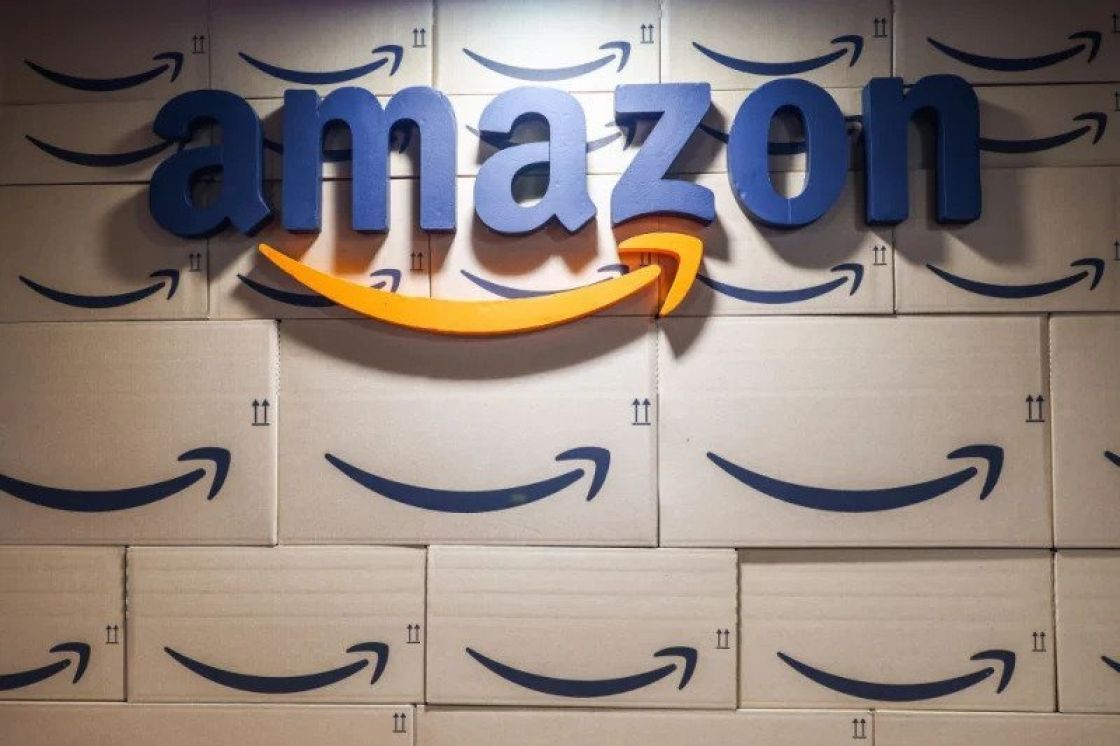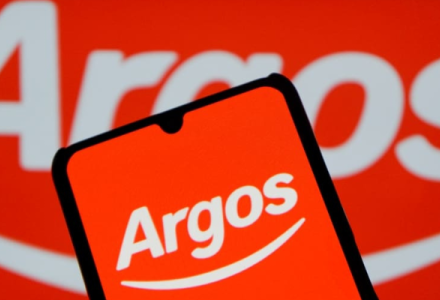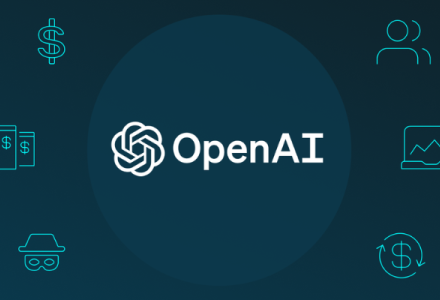Amazon’s Move into Generative AI
Amazon has proven to be the product search engine for a number of years now, whilst Google has remained as the largest search engine for informational and question led searches. That could potentially change based on Amazon’s move to generative AI and in it’s current position of being a wide spread marketplace covering many categories with products at the best prices.
Through our own study, The UK Retail Search Battle: Amazon vs Google, we found that Amazon represents 53% of overall product specific and generic search within specific categories. This suggests that a lot of research is now carried out on Amazon and this trend could grow with a move to AI. Broadly, we recognise that this could redesign how consumers find what they need with the decline in search based results as we know them. There are sources that suggest that developments are happening at Amazon with hires being made to lead this initiative so we can speculate on potential impact but time will tell.
In theory, how could this change search results?
A consumer could ask a question, “what is the best moisturiser for dry skin?”. Using AI, Amazon would be able to utilise all the information that it has to suggest the best moisturiser based on multiple sources with a price to buy a product there and then. This could potentially make the research phase of a consumer decision journey more efficient in that the customer could get all the information and product recommendations within seconds. This has many implications on the current way that brands and advertisers manage their products. No longer will a brand need to ensure that they include keywords such as “moisturiser for dry skin” in their product title to prompt the algorithm to put their product first. Instead the product needs to include all applicable information in an Amazon and user friendly way including ingredients and how it works to improve dry skin. We can imagine that the support of external sources that recognise the product to be the best for dry skin would also aid the visibility of a product.
What does this mean?
Products that are good at what they do may win greater visibility over products that are just marketed well. This doesn’t necessarily mean that there isn’t room for other products that may not be the best in their category. For example, using AI a consumer could specify that they want the best product under a certain price or without an ingredient which they have an allergy to which may return other products besides what would be considered the best one.
How does it benefit brands?
We expect that the brands that profusely care about their mission and the products they produce could gain much more exposure from launch. We could expect the opposite for some of the mass market brands that have an inferior product compared to others in the category but currently come out on top due to large advertising budgets and keyword stuffed product titles.
What does this mean for consumers?
Overall a better experience, no longer irrelevant/less relevant products will occupy premium real estate. Instead consumers should have a more personalised experience with the AI being able to surface better results through gaining a greater understanding of the consumers needs, their previous purchase history and the best solution rather than the most overly optimised product.
What does this mean for Amazon?
Amazon would truly be aligning back with their core business goal in putting the customer first and being one stop shop for many of their needs. There could be a conflicting interest with their substantially growing ad business which they would undoubtedly want to retain and continue to grow. Amazon would need to consider how ads integrate into AI and being customer centric whilst also monetising key moments for advertisers.
There are still many unknowns with how AI will impact the future of Amazon and more broadly ecommerce and whether there will be a gradual rollout or a sudden change. Due to this, it’s worth brands preparing and considering questions, such as will keywords become obsolete? How will advertising fit into this new model? What will be the defining factors of gaining high visibility? All points that brands and agencies will need to navigate in this imminent change. The introduction of AI will be one of the most disruptive changes in Ecommerce and so many industries globally but it is one that should be welcomed and efforts should be made by businesses to fully understand how to leverage it.



